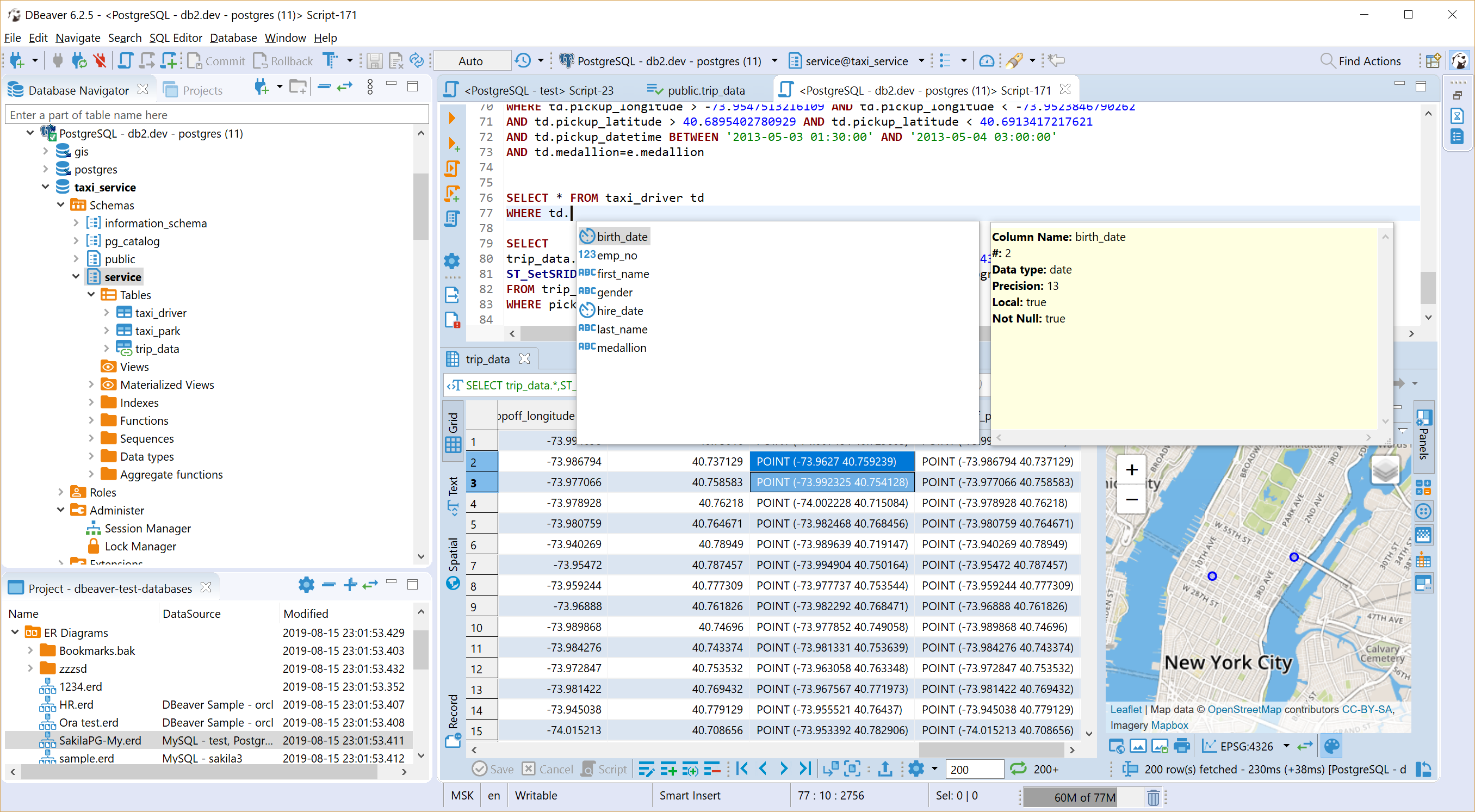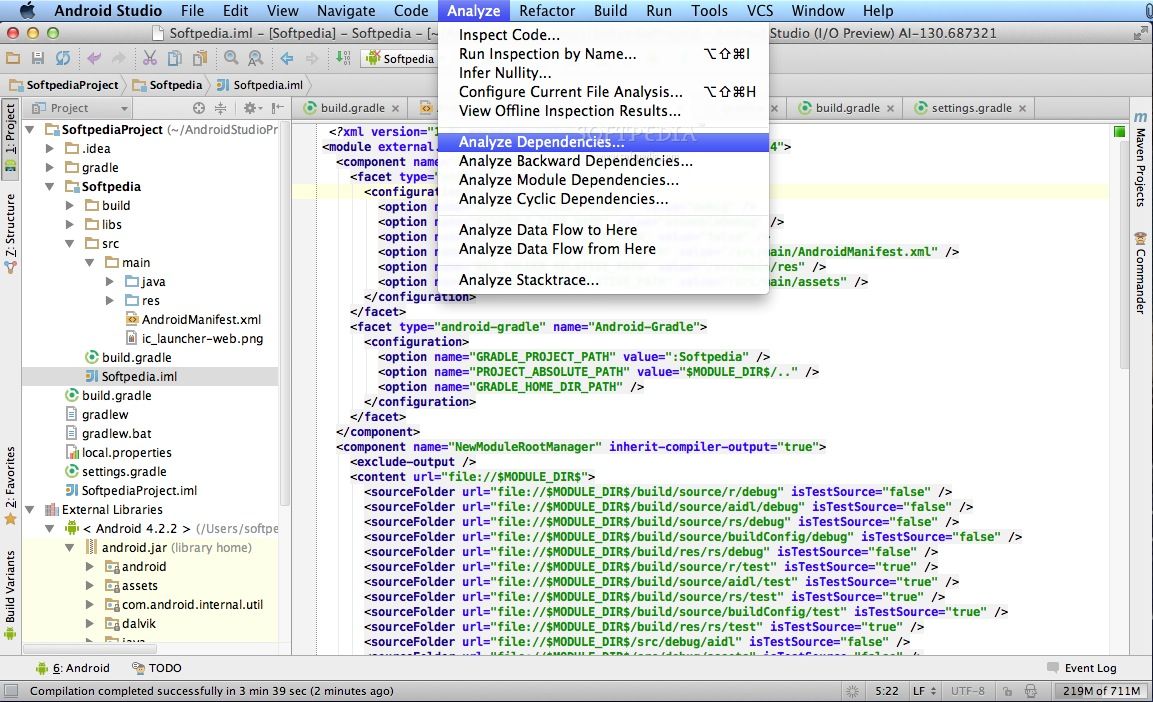See JDK 7 and JRE 7 Installation Guide for general information about installing JDK 7 and JRE 7.
See the Mac OS X Platform Install FAQ for general information about installing JDK 7 on Mac OS X.
Contents
System Requirements
Learn how to use the JDK to write applications for a wide range of environments. Hack on the JDK itself, right here in the OpenJDK Community: Browse the code on the web, clone a Mercurial repository to make a local copy, and contribute a patch to fix a bug, enhance an existing component, or define a new feature. Jul 26, 2020 This JDK (version 11.0.4) will expire with the release of the next critical patch update scheduled for October 15, 2019. Previous versions: Java SE JDK 11.0.6 for Windows.

- Download the JDK.dmg file, jdk-13. Interim.update.patch osx-x64bin.dmg. Before the file can be downloaded, you must accept the license agreement. From either the browser Downloads window or from the file browser, double-click the.dmg file to start it.
- JDK 7 Installation Instructions Installation of the 64-bit JDK on Mac Platforms. When you download the Java Development Kit (JDK), the associated Java Runtime Environment (JRE) is installed at the same time. The JavaFX SDK and Runtime are also installed and integrated into the standard JDK directory structure.

- Any Intel-based Mac running Mac OS X 10.7.3 (Lion) or later.
- Administrator privileges.
Note that installing the JDK on a Mac is performed on a system wide basis, for all users, and administrator privileges are required. You cannot install Java for a single user.
Installing the JDK also installs the JRE. The one exception is that the system will not replace the current JRE with a lower version. To install a lower version of the JRE, first uninstall the current version.
JDK 7 Installation Instructions
Installation of the 64-bit JDK on Mac Platforms
When you download the Java Development Kit (JDK), the associated Java Runtime Environment (JRE) is installed at the same time. The JavaFX SDK and Runtime are also installed and integrated into the standard JDK directory structure.
Depending on your processor, the downloaded file has one of the following names:
- jdk-7u<version>-macosx-amd64.dmg
- jdk-7u<version>-macosx-x64.dmg
Where <version> is 6 or later.
1. Download the file. Before the file can be downloaded, you must accept the license agreement.
2. From either the Downloads window of the browser, or from the file browser, double click the .dmg file to launch it.
3. A Finder window appears containing an icon of an open box and the name of the .pkg file Double click the package icon to launch the Install app.
4. The Install app displays the Introduction window. Click Continue.
4a. Note that, in some cases, a Destination Select window appears. This is a bug, as there is only one option available. If you see this window, select Install for all users of this computer to enable the continue button. Click Continue.
5. The Installation Type window appears. Click Install.
6. A window appears which says 'Installer is trying to install new software. Type your password to allow this.' Enter the Administrator login and password and click Install Software.

7. The software is installed and a confirmation window appears. Click the ReadMe for more information about the installation.
After the software is installed, delete the dmg file if you want to save disk space.
Determining the Default Version of the JDK
A: If you have not yet installed Apple's Java Mac OS X 2012-006 update, then you are still using a version of Apple Java 6 that includes the plug-in and the Java Preferences app. See Note for Users of Macs that Include Apple Java 6 Plug-in.
There can be multiple JDKs installed on a system – as many as you wish.
When launching a Java application through the command line, the system uses the default JDK. It is possible for the version of the JRE to be different than the version of the JDK.
You can determine which version of the JDK is the default by typing java -version in a Terminal window. If the installed version is 7u6, you will see a string that includes the text 1.7.0_06. For example:
To run a different version of Java, either specify the full path, or use the java_home tool:
For more information, see the java_home(1) man page.
Uninstalling the JDK
To uninstall the JDK, you must have Administrator privileges and execute the remove command either as root or by using the sudo(8) tool.

Navigate to /Library/Java/JavaVirtualMachines and remove the directory whose name matches the following format:*
For example, to uninstall 7u6:
Java Version 9 Jdk Download
Do not attempt to uninstall Java by removing the Java tools from /usr/bin. This directory is part of the system software and any changes will be reset by Apple the next time you perform an update of the OS.
*The 7u4 and 7u5 releases were installed into a directory that does not follow this format. To uninstall 7u4 or 7u5, remove the 1.7.0.jdk directory from the same location.
Download Jdk 1.8 For Mac
Latest Version:
Requirements:
Windows Vista64 / Windows 7 64 / Windows 8 64 / Windows 10 64
Author / Product:
Download popcorn time for mac pro. Oracle / Java Development Kit (64-bit)
Old Versions:
Filename:
jdk-9_windows-x64_bin.exe
MD5 Checksum:
a6457c81d1a75c18233acd53e5198260
The JDK 64-bit also comes with a complete Java Runtime Environment, usually called a private runtime. It consists of a Java Virtual Machine and all of the class libraries present in the production environment, as well as additional libraries only useful to developers, and such as the internationalization libraries and the IDL libraries. Download Java Development Kit Offline Installer Setup 64bit for Windows
Contents of the JDK:
Development Tools
(In the bin/ subdirectory) Tools and utilities that will help you develop, execute, debug, and document programs are written in the JavaTM programming language.
Runtime Environment
(In the jre/ subdirectory) An implementation of the Java Runtime Environment (JRE) for use by the JDK. The JRE includes a Java Virtual Machine (JVM), class libraries, and other files that support the execution of programs written in the Java programming language.
Additional Libraries
(In the lib/ subdirectory) Additional class libraries and support files required by the development tools.
Demo Applets and Applications
(In the demo/ subdirectory) Examples, with source code, of programming for the Java platform. These include examples that use Swing and other Java Foundation Classes, and the Java Platform Debugger Architecture.
Sample Code
(In the sample subdirectory) Samples, with source code, of programming for certain Java API's.
C header Files
(In the include/ subdirectory) Header files that support native-code programming using the Java Native Interface, the JVM Tool Interface, and other functionality of the Java platform. Download Java Development Kit Offline Installer Setup 64bit for Windows
Source Code
(In src.zip) Java programming language source files for all classes that make up the Java core API (that is, source files for the java.*, javax.* and some org.* packages, but not for com.sun.* packages). This source code is provided for informational purposes only, to help developers learn and use the Java programming language. These files do not include platform-specific implementation code and cannot be used to rebuild the class libraries. To extract these files, use any common zip utility. Or, you may use the Jar utility in the JDK's bin/ directory: jar xvf src.zip.
Also Available: Download Java Development Kit for Mac
